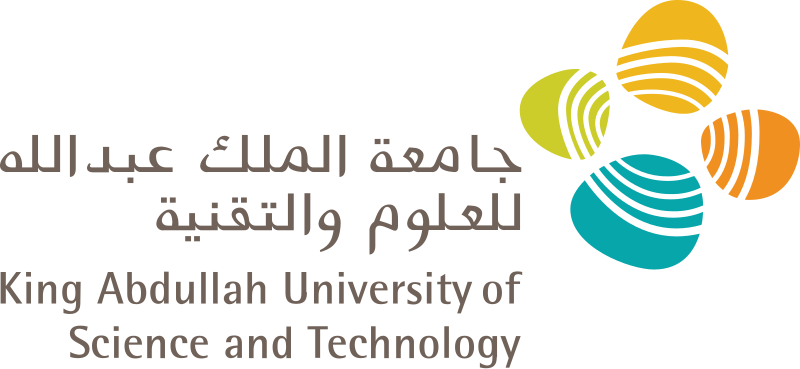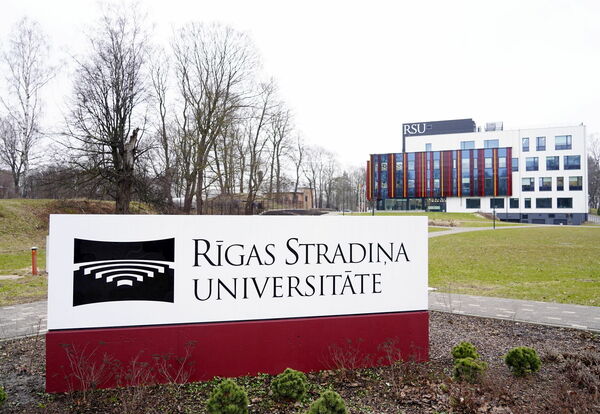
Applying to KAUST - Your Complete Guide for Masters & Ph.D. Programs (Upcoming Admissions)
Admissions Overview & Key Requirements

The Latvian government has formally approved the transition to a new, results-based financing model for all state higher education institutions (HEIs) and colleges, following a successful pilot program. The sweeping reform, which fundamentally changes how universities are funded, will be implemented nationwide starting 2026.
The model is based on the results of a pilot project launched in 2024, initially involving the University of Latvia (LU), Riga Technical University (RTU), and Rīga Stradiņš University (RSU). In 2025, the pilot was expanded to include the Latvian University of Life Sciences and Technologies, Vidzeme University of Applied Sciences (ViA), and the Latvian Academy of Culture.
The evaluation of the pilot results demonstrated clear quality improvements:
Under the reform, universities will no longer compete for state-assigned “budget places.” Instead, they will negotiate multi-year funding contracts with the Ministry of Education that define total state support, expected student intake, and required numbers of graduates in state-priority fields. The government has pledged that institutional block funding will not fall below 2024 levels during the transition, and current students will continue under existing rules until graduation.
A central pillar of the reform is the dismantling of the “average cost per student” formula. Instead, state funding will be calculated on the basis of academic staff salaries and institutional workload structures. By 2027, the government aims to establish a salary framework in which assistant lecturers earn roughly €2,322 per month, researchers €2,903, associate professors €3,629 and full professors €4,536. The cost of a standard academic staffing unit, including salaries, social insurance contributions, and infrastructure expenses, will serve as the baseline reference for funding across disciplines, moving Latvia toward a cost-model grounded in labour investment rather than student quotas.
The reform also reshapes student support. While the state will continue financing scholarships, universities will gain full control over how many they award and how large they are. At least 20 percent must go to students on the basis of social criteria, and each scholarship must be a minimum of €140 per month. The existing Studētgods programme for disadvantaged students will remain in place. Officials say the changes will enable institutions to create competitive scholarship packages while ensuring continued support for students from low-income and vulnerable groups.
Performance-based funding will play a much larger role. Latvia already allocates €6.7 million per year to performance indicators, and under the new model, such funding will gradually grow to at least 20 percent of core institutional support. Future performance metrics will include the number of graduates in priority fields, graduate employment and salary data, participation in lifelong learning and micro-credential programmes, and international staff and student mobility. A new indicator will be piloted to assess whether the higher education program provides sufficient value for the graduate to be able to pay off their study and student loan after graduation. The test is whether the graduate's increased salary can recoup the investment (state and/or student contribution) within 5 years. Universities will also be rewarded for supporting at least one semester of international mobility for academic staff and doctoral candidates.
The reform also introduces coordinated national monitoring of student experience, graduate employment, and dropout data, with regular surveys conducted jointly with the Latvian Students’ Association.
To secure the long-term implementation of the new funding model, the government plans to introduce a permanent budget shift starting in 2026. According to the ministry report, €10 million will be reallocated annually from the state’s central budget to the Ministry of Education and Science’s higher-education program funding line, ensuring stable financial support for the reform.
The informative report “On the pilot project for institutional financing of higher education” can be found on the Cabinet of Ministers' website.
Share

Applying to KAUST - Your Complete Guide for Masters & Ph.D. Programs (Upcoming Admissions)
Admissions Overview & Key Requirements

An mRNA cancer vaccine may offer long-term protection
A small clinical trial suggests the treatment could help keep pancreatic cancer from returning

Registration Opens for SAF 2025: International STEAM Azerbaijan Festival Welcomes Global Youth
The International STEAM Azerbaijan Festival (SAF) has officially opened registration for its 2025 edition!

Young Leaders Union Conference 2025 in Paris (Fully Funded)
Join Global Changemakers in Paris! Fully Funded International Conference for Students, Professionals, and Social Leaders from All Nationalities and Fields

Yer yürəsinin daxili nüvəsində struktur dəyişiklikləri aşkar edilib
bu nəzəriyyənin doğru olmadığı məlum olub. Seismik dalğalar vasitəsilə aparılan tədqiqatda daxili nüvənin səthindəki dəyişikliklərə dair qeyri-adi məlumatlar əldə edilib.

Lester B Pearson Scholarship 2026 in Canada (Fully Funded)
Applications are now open for the Lester B Pearson Scholarship 2026 at the University of Toronto!